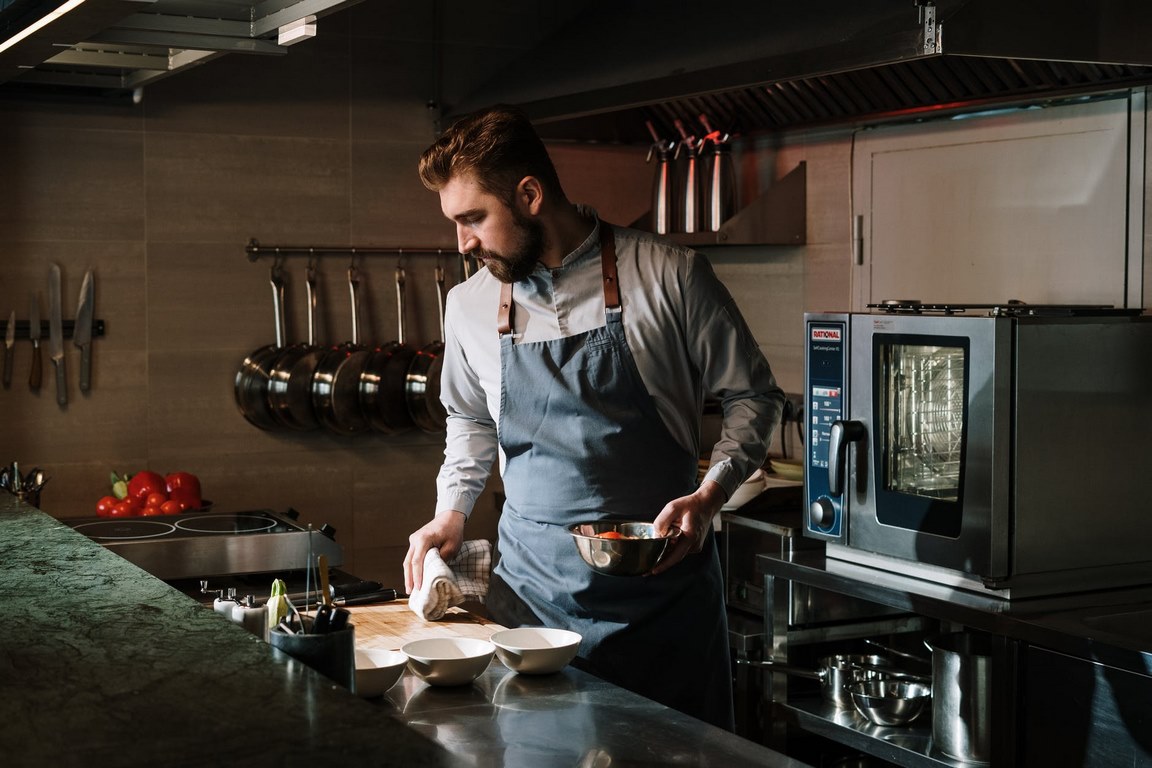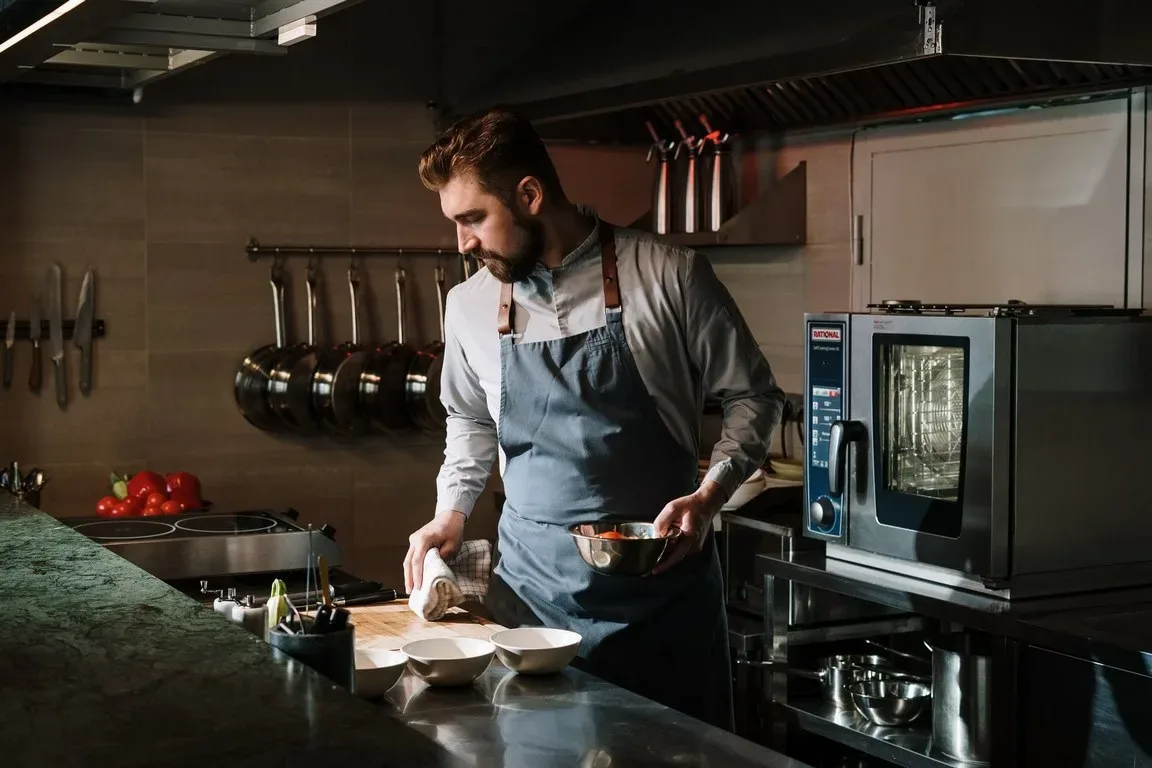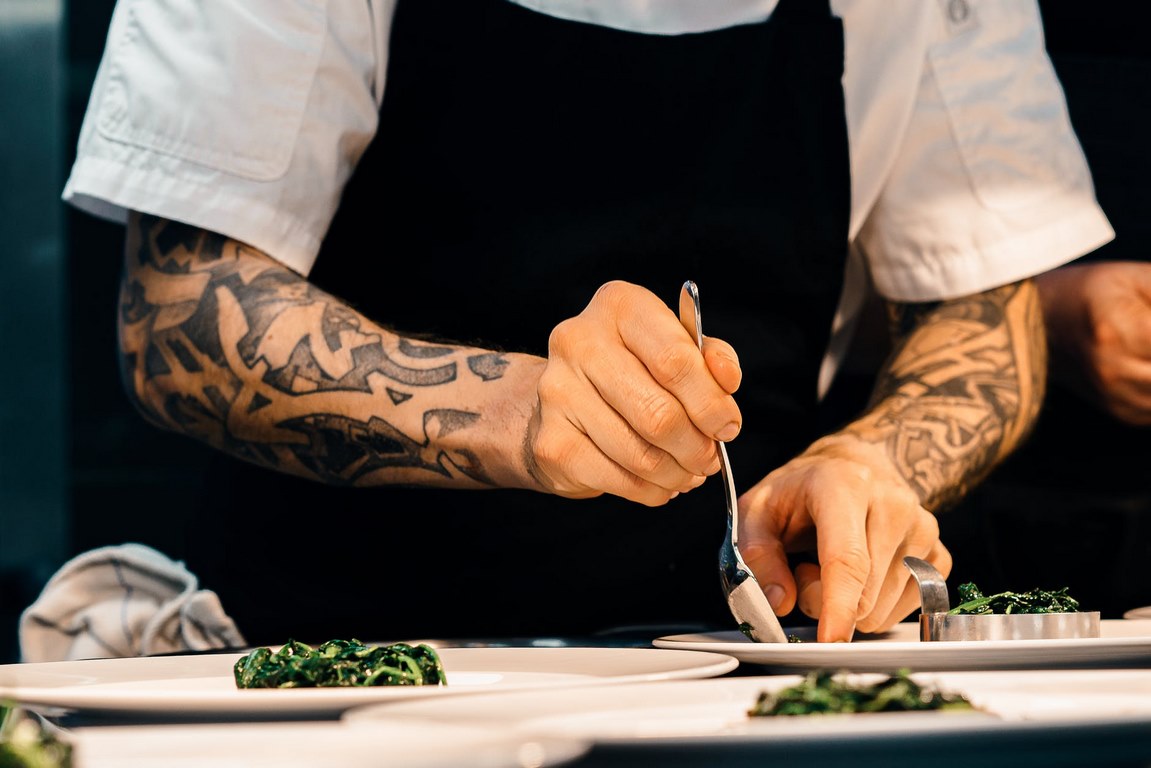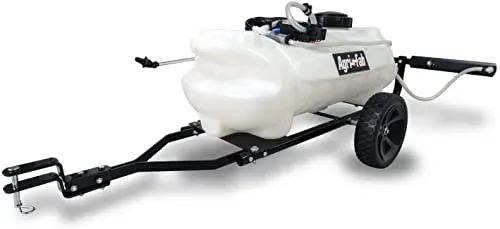There comes a time in everyone’s life when we realize that it’s time to level up our cooking skills.
Takeout food and eggs and bacon can only get you so far. Maybe you are just gaining interest in becoming a more skilled cook.

Maybe you are already a decent one, but want to progress even further. Whatever the case may be, it’s a good thing that you clicked on this article.
Here, we’re going to be talking about different tips and tricks that are going to help you reach your goal.
There are a huge number of parameters that make a good cook, and no chef is the same. Now, this versatility might seem like it would be harder for you to level up.
But the thing is, it only makes the learning process more interesting and personal, depending on your preferences. Ultimately, some shortcuts are going to help you no matter your cooking style.
Now that you have all that in mind, let’s get right into the 6 tips that will help you become a skilled chef.
1. Mise En Place
Our first tip is something that is taught as one of the first lessons in culinary schools. Mise en place is a French saying that means – putting everything in its place.
So, what does this mean and why is it so important?
This saying refers to the organization and preparation of the ingredients and tools before you even begin doing any real cooking.
Organizing and preparing everything before you start is the foundation of a well-prepared meal.
If you make sure that you do this, you are ensuring that everything goes well while you cook. This is especially important if you’re preparing a new recipe!
Make sure that you shred, dice, and chop everything first. Don’t even turn the heating on before you’re done.
It might sound like dragging the process on. Well, time flies by when you’re cooking, and precision and vigilance are the keys.
If you have to do three things simultaneously, the probability is high that something will go wrong.
The most common things that do go wrong in such cases are something being overcooked, spilled, and similar.
Having all that in mind, it may seem time-consuming at first, but following the mise en place rule will end up saving you a lot of time.
2. Taking Care of Your Knives Is A Must
A good knife is a staple of a skilled chef. Passionate cooks and knife experts over at https://vertoku.com/ explain that a sharp knife is the best knife.
And to have a sharp knife, you must understand how to take care of it. Regular maintenance is the only way to ensure that its quality doesn’t deteriorate.
So, how should you approach knife maintenance?
First things first, never put your knives into a dishwasher. It might seem like an easy way to clean it, but a dishwasher can damage your knives.
More precisely, the heat is the problem as it dulls the edges. Secondly, honing before and after every use might seem like a big chore, but it goes a long way.
If you do this, you will ensure that the edge stays as straight and sharp as possible.
It is also important that you ensure that your knives are stored properly. It’s optimal to store your knives in sleeves or a block rather than in a drawer.
Lastly – never cut on glass, marble, or similar surfaces. Plastic and wooden boards are ideal for cutting as they minimally damage the knife, unlike the above-mentioned materials.
Read Also:
3. There’s A Better Way for You to Approach Reading Recipes
Here’s the thing, everyone that has a basic knowledge of cooking is able to follow the recipe. Following the recipe isn’t the only thing that should be important for you though, understanding it is what helps you progress.
That being said, instead of blindly following each and every step – question it. Why do you add certain ingredients first? Why this exact combination of spices?
How does the temperature affect the final product, as well as the length of the cooking time? All these are the questions that, if answered, will boost your skill to the next level.
4. Hows And Whys Regarding Fridge Organization
There is a good reason why pros organize their fridges in a certain way. The temperature isn’t the same in every part of the fridge.
Some types of ingredients require a cooler temperature, while others don’t. If you want to ensure that nothing spoils while also avoiding cross-contamination, here’s how you should do so.
Make sure that, at the top of the fridge, you put all the food that is ready to eat. In the middle, you should put raw seafood, steak, pork, and eggs as well.
Lastly, raw poultry should always go to the bottom.
5. Utilize the Thermometer
The most common mistake when beginners cook is to cut the meat to check whether it’s done. The problem with doing so is that it results in juices pouring out when the point is to keep them in.
Hence, your meat will end up being dry in the end. So, you can easily avoid this by using a digital thermometer.
This way, you’ll be able to check the internal temperature and know when the meat is done.
6. Proteins Should Always Be Dried Before Searing
If you’re searing anything that has a high protein concentration, you should make sure that the ingredient is dry.
This will ensure that searing leads to a perfect gold product. So, if you’re searing meat or seafood dry it with the help of a paper towel first.
Why is this important for the final product you might ask?
Well, let’s explain the chemistry behind searing first. When your meat browns, what’s happening on a molecular level is called the Maillard reaction.
Here, amino acids react with sugars which are further reduced, and the result is the umami-rich flavor that we love.
Now, this reaction is actually inhibited by the presence of water. So, dry your proteins before searing!
Ultimately, the road to becoming a skilled chef is a road of trial and error. Don’t let this intimidate you though! Draw inspiration from your mistakes.
Understand them and learn from them! Don’t be afraid to try out new things, as all this is exactly how you make progress.
Good luck, and enjoy your journey to becoming a skilled cook!











